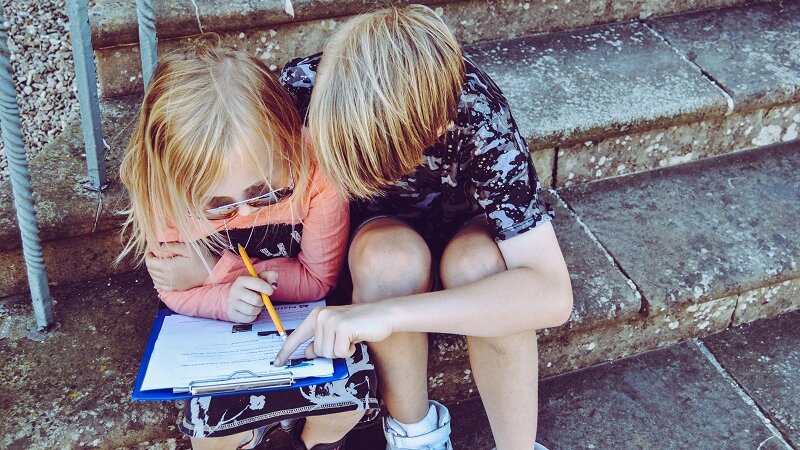The Philosophy of Constructivism
Episode #7 of the course The theory of education: Effective learning and teaching by K.C. Finn
In lesson seven, we explore the core theories behind the philosophy of Constructivism, which explores the idea that we learn because it helps us to understand the world around us and our place within it. Perhaps you’ve come across elements of your own school life that make you ask, ‘when am I ever going to use this in the real world’? Constructivist learning strategies encourage students to apply their learning to their real experiences to help them cement ideas in their minds.
Where Does the Theory Come From?
Some of the critical theorists and philosophical thinkers behind the birth of constructivism are Lev Vygotsky and Jean Piaget. They studied the biological, physical, and social factors behind how we develop as people, and how we use our learning to make sense of our world and form our ideas and opinions. Constructivism suggests that we will only really connect with the material, learn it and engage with it when it means something to us, whether that is something useful to our lives, or something that clicks with our personality or changes our ideas on the world around us.
Some critics of constructivism warn that this doesn’t mean that all learning should be a hundred percent personalized and that students should not be left to fend for themselves when making connections. It’s also important to note that not everything can come from previous knowledge when we are acquiring new skills. With this in mind, we’ll examine the best ideas of the theory and how we can use it for our future success.
The Role of the Teacher
Constructivist principles can give teachers an excellent opportunity to get to know their students, open their minds to new and conflicting ideas, and help them to see how learning is not just a phase to get through for a qualification, but an opportunity to connect to the real world and develop skills for their future. It can be challenging to include everyone’s personal experiences in large classroom settings, but one-to-one teachers can certainly personalize their content as they learn more about their students. In the broader setting or for distance learning, teachers can encourage journal-keeping and personal reflections on topics for students to connect themselves directly to the ideas at hand.
Classroom examples:
• When explaining an idea, always ask students if they can come up with other examples where this idea is also at work.
• Practical tools like language items and mathematical sequences should always be explained with some context for how we use them in real life.
• Encourage some element of personal reflection on essays or projects, where students get to explain what they took away from experience.
• Students can explore conflicting ideas in discussion groups, in a safe space where differing opinions are welcome.
The Role of the Learner
Where behaviorism suggests that extrinsic factors in the world can motivate our learning, constructivism encourages us to look at our intrinsic identities and personalities, and let learning come to us as we expand and grow in the world. This can be a highly motivating idea as we pick up relevant things that directly improve our lives, but it’s also important not to reject new and different ideas too quickly. If you can’t personally connect to a topic yet, that might be a clue that you need to explore it with people of differing opinions, or through different mediums and learning styles to see where your ideas fit into the broader tapestry of thoughts.
Key take-aways:
• “If someone has a different opinion on an idea to me, then I can use that to explore my learning, whether I agree with it or not.”
• “While some learning items seem like they might be useless to my life right now, it’s surprising what may come up in the future, so I should look for contexts where I might use these ideas later on.”
• “Making notes on information that relates to my personal experiences might not be relevant for an essay, but it will still help me remember and connect myself to the material.”
• “If I find an idea that grabs me and seems relevant to my life, I should explore all its facets and utilize what I can from it for future learning.”
In lesson eight, our philosophy shifts focus from the world and ourselves, looking outwards to other people who can help us to learn and grow. The lesson will provide an exploration of the idea that role models and learning by example can help us to achieve our sense of self, and highly motivate our learning. That’s Humanism, and it’s coming up next.
See you then!
K.C.
Recommended reading
Setting up an effective classroom or learning space can be challenging, but Thirteen’s Concept to Classroom program has some great tips.
Share with friends

